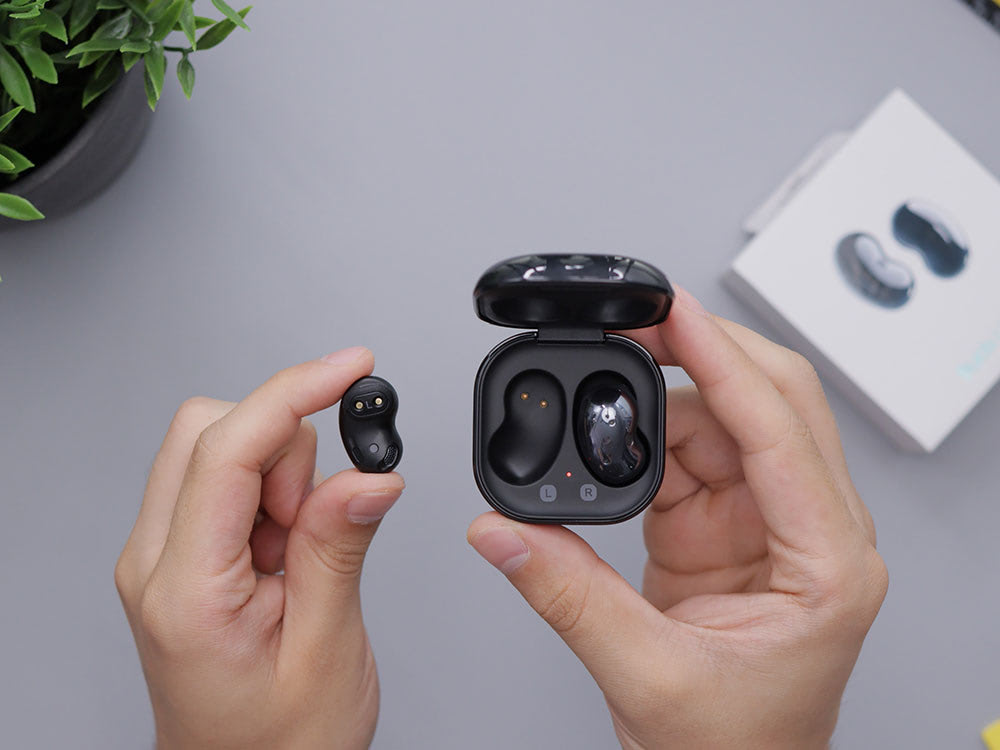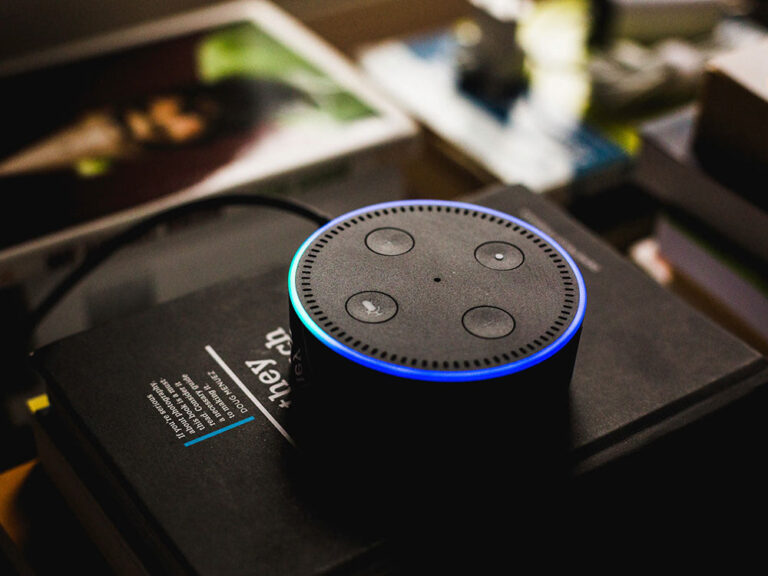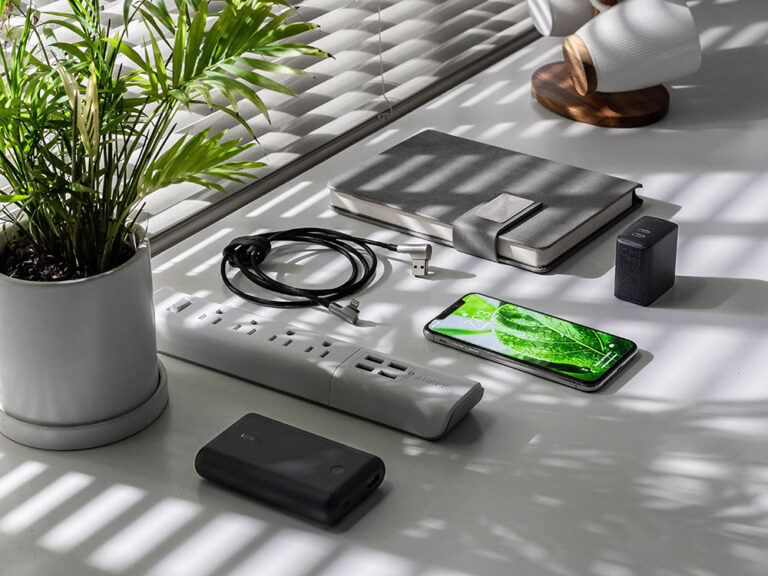In our interconnected world, online security is paramount. VPN (Virtual Private Network) technology emerges as a powerful tool to safeguard your digital presence. Let’s delve into the intricacies of VPNs, unlocking their comprehensive power.
Table of Contents
Introduction
In a digital landscape fraught with cyber threats, understanding the role of VPNs is essential. VPNs act as a secure tunnel, encrypting your data and providing a shield against potential online hazards.
What is a VPN?
A VPN is a technology that allows you to create a secure connection over the internet. It ensures that your online activities are private and protected by encrypting your internet connection.
How VPNs Work
VPNs operate by establishing a secure connection, commonly known as a tunnel, between your device and a server. This connection encrypts the data passing through, making it unreadable to potential eavesdroppers.
Benefits of Using a VPN
Enhanced Security and Privacy
Using a VPN can significantly enhance your online security and privacy. VPNs encrypt your internet traffic, making it much more difficult for hackers or other third parties to intercept and access your sensitive information, such as login credentials, financial data, and browsing history. This encryption creates a secure “tunnel” through which your data travels, shielding it from prying eyes. Additionally, VPNs hide your IP address, making it harder for websites or online services to track your real location and online activities.
Bypassing Geo-Restrictions
VPNs can also help you bypass geographical restrictions imposed by websites and streaming platforms. By masking your IP address and making it appear as if you are accessing the internet from a different location, VPNs allow you to access content that may be blocked or unavailable in your region. This is particularly useful for accessing region-locked content, such as streaming services or websites that are not available in your country.
Secure Remote Access
For businesses and remote workers, VPNs are essential for securely accessing corporate networks and sensitive information. By using a VPN, employees can connect to the company’s network securely, even when working from home or on a public Wi-Fi network, without compromising data security.
Improved Speed and Performance
Certain VPN providers prioritize performance and efficiency, offering lightning-fast internet speeds. By optimizing network infrastructure and leveraging advanced technologies, these VPNs can minimize latency and maximize connection speeds, providing a seamless online experience, especially for activities like streaming or large file downloads.
Enhanced Online Freedom and Flexibility
VPNs offer a level of online freedom and flexibility. By bypassing geographical restrictions and censorship, VPNs allow users to access content and services that may be unavailable in their region. This can be particularly beneficial for individuals who travel frequently or live in areas with strict internet regulations.
Malware and Ad Protection
Some premium VPN services come equipped with built-in malware and ad blockers, further enhancing your online security. These features work to identify and block potentially harmful content before it reaches your device, reducing the risk of malware infections and providing a cleaner, more distraction-free browsing experience.
Seamless Streaming and Uninterrupted Connectivity
When using a VPN, your internet connection can be optimized for a more seamless streaming experience. By masking your IP address and avoiding bandwidth throttling, VPNs can ensure smoother playback and faster download speeds, allowing you to enjoy your favorite content without interruptions.
Setting Up a VPN
Setting up a VPN involves a few key steps to ensure a secure and seamless connection. Here’s a detailed guide on how to set up a VPN:
1. Choose a Reputable VPN Provider
The first step is to select a reliable and trustworthy VPN service provider. Some key factors to consider when choosing a VPN provider include:
– Strong encryption protocols and security features
– Comprehensive server network coverage
– Strict no-logs policy
– Positive reviews and reputation
– Compatibility with your devices and operating systems
2. Download and Install the VPN Client
Once you’ve selected a VPN provider, download the appropriate VPN client software for your device and operating system. The documents provide detailed steps for setting up a VPN on various platforms, including:
– Windows 10 and 11
– macOS
– iOS
– Android
3. Configure the VPN Connection
After installing the VPN client, you’ll need to configure the connection settings. This typically involves:
– Entering the VPN server address or location
– Selecting the appropriate VPN protocol (e.g., OpenVPN, IKEv2, WireGuard)
– Providing your VPN account credentials (username and password)
4. Connect to the VPN Server
Once the VPN is configured, you can connect to the VPN server. The VPN client will typically have a “Connect” or “Start” button to initiate the connection.
5. Verify the VPN Connection
After connecting, you can verify that the VPN is working correctly by checking your IP address or visiting a website that displays your location. Your IP address and location should now reflect the VPN server you’re connected to, rather than your actual location.
6. Fine-Tune the VPN Settings (Optional)
Depending on your needs, you can further customize the VPN settings, such as:
– Setting the VPN to connect automatically on device startup.
– Choosing a default or “favorite” server location.
– Enabling a “kill switch” to prevent data leaks if the VPN connection drops.
VPN Best Providers
Here are some reliable VPN providers that offer enhanced security and privacy features:
NordVPN
– NordVPN is based in Panama, a country with strong data privacy laws, and has been operating since 2012.
– It offers over 5,500 servers across 59 countries, providing a vast network for users to choose from.
– NordVPN uses advanced encryption protocols and technologies, including AES-256-bit encryption, which is virtually unbreakable.
– The company has a strict no-logs policy, which has been independently audited by reputable firms like Cure53 and Deloitte.
– NordVPN provides additional security features like obfuscated servers, double VPN, and a kill switch to protect users’ online activities.
Surfshark
– Surfshark is headquartered in the Netherlands, a privacy-friendly jurisdiction, and has been operating since 2018.
– It offers over 3,200 servers in more than 99 countries, giving users a wide range of server options.
– Surfshark uses RAM-only servers, ensuring that no user data is stored on the physical servers.
– The company has undergone multiple independent audits by reputable firms like Cure53 and Deloitte, confirming its no-logs policy.
– Surfshark provides advanced security features like obfuscated servers, a kill switch, and split tunneling to enhance user privacy.
ExpressVPN
– ExpressVPN is based in the British Virgin Islands, a territory with strong data privacy laws, and has been operating since 2009.
– It offers thousands of servers across 94 different countries, ensuring a wide range of server locations.
– ExpressVPN has undergone multiple audits by respected firms like PwC and Cure53, validating its no-logs policy.- The company uses its proprietary Lightway VPN protocol, which is designed for speed and security.
These three VPN providers have consistently demonstrated a strong commitment to user privacy and security, as evidenced by their independent audits, no-logs policies, and advanced security features. When choosing a VPN, it’s important to consider factors like the provider’s location, server network, encryption protocols, and overall track record in protecting user data.
Conclusion
Embrace the power of VPNs for a safer, more private online journey. Whether it’s protecting sensitive information, accessing restricted content, or ensuring a secure connection on public networks, VPNs are a valuable tool in the cybersecurity toolbox.
FAQs
- Do I need a VPN for everyday internet use?
- While not mandatory, a VPN enhances online security, making it a wise choice for everyday use.
- Can I trust any VPN service for my privacy?
- No, it’s crucial to choose a reputable VPN service with a transparent privacy policy.
- Do VPNs slow down internet speed?
- VPNs may cause a slight decrease in speed, but reputable providers aim for minimal impact.
- Are free VPNs safe to use?
- Proceed with caution. Free VPNs may compromise your data, and their security may be questionable.
- Is it legal to use a VPN?
- In most countries, using a VPN is legal. However, ensure you comply with local laws and regulations.



